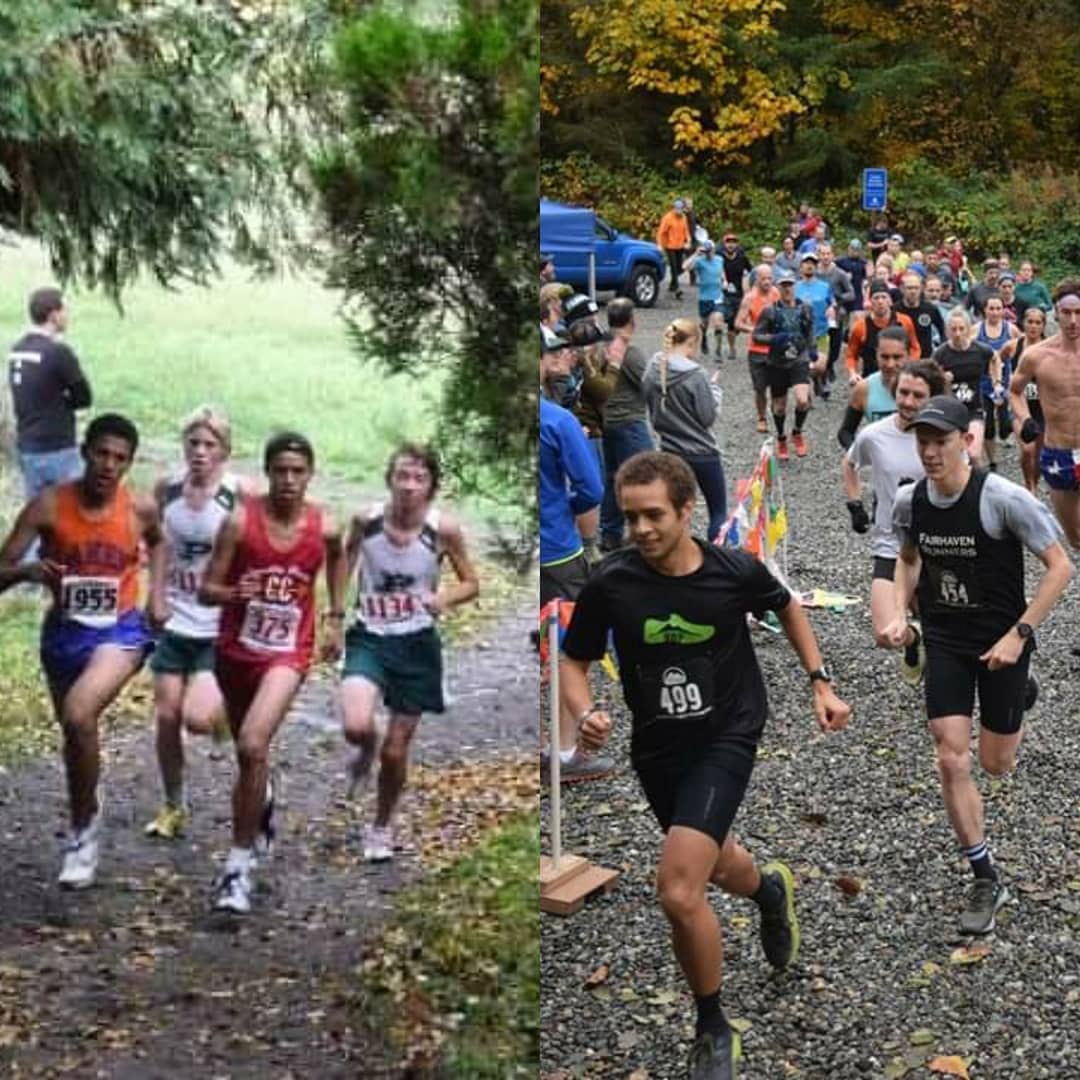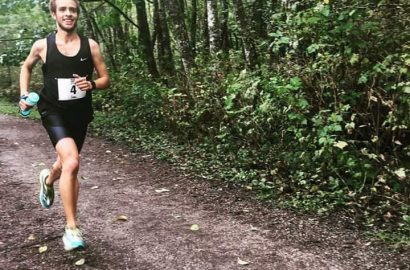by Maxx Antush
In recent weeks, there has been a renewed energy in the ongoing conversation about the lack of diversity in many segments of our society. The lack of Black, Indigenous, and People of Color (BIPOC) represented in trail running is glaringly obvious and likely the result of a multitude of social, cultural, and economic factors. As a half black-half white male trail runner and coach, I have personally never once felt that anyone within the sport has been unwelcoming or discriminatory toward me and the love I feel within the sport is one that I want all people to have full access to. That being said, it is hard to know that there will be a place for you in a community where there are very few people who look like you. Fortunately for me, I have had a running role model and inspiration in Hoka One One professional runner Joe Gray.
The Fall of 2006, as a freshman running cross country at Franklin Pierce High School in Tacoma, WA, was the first time I heard a local coach mention that I reminded him of Joe Gray. Being new to the sport, I looked up Joe Gray and found out that he was a local running legend who had graduated from nearby Lakes High School and was also biracial. I had a new idol I felt like I could identify with in a sport where there are not many athletes who look like me. Throughout my high school, college, and post-collegiate running careers I followed Joe’s running career in awe watching him become an 18-time national champion across a variety of off-road racing distances and disciplines. Joe was also recently voted as the World Mountain Running Association greatest male mountain runner of all time. While his accomplishments have often served as a source of inspiration for me to dream big, the most meaningful impact that Joe Gray has had on me as a runner is his willingness to speak out about racial issues and his work to bring more Black athletes into mountain and trail running. Joe was the first BIPOC I knew of in mountain and trail running and his success in the sport put it on the map for me as something to pursue upon the completion of my college running career in 2015. Our paths have crossed many times over the years and Joe has always taken the time to give words of support and encouragement and in recent years has become somebody who I consider a friend. His representation in the sport opened the door for me and his example has motivated me to work to bring other BIPOC individuals into the sport.
This is a time when many are searching for ways in which they can make meaningful contributions to the promotion of human equality in our society. This is a complex task that requires each of us to look deep into ourselves to find what is real and authentic for who we are as a person. I have realized for me that means using my platform as a trail runner, an international running coach, an educator, and staffer at Fairhaven Runners and Walkers to highlight the successes of myself and other BIPOC individuals in my various fields so that others might realize some of the possibilities that exist for them, much in the way that Joe Gray helped me to realize the world of trail running that is available to me.


